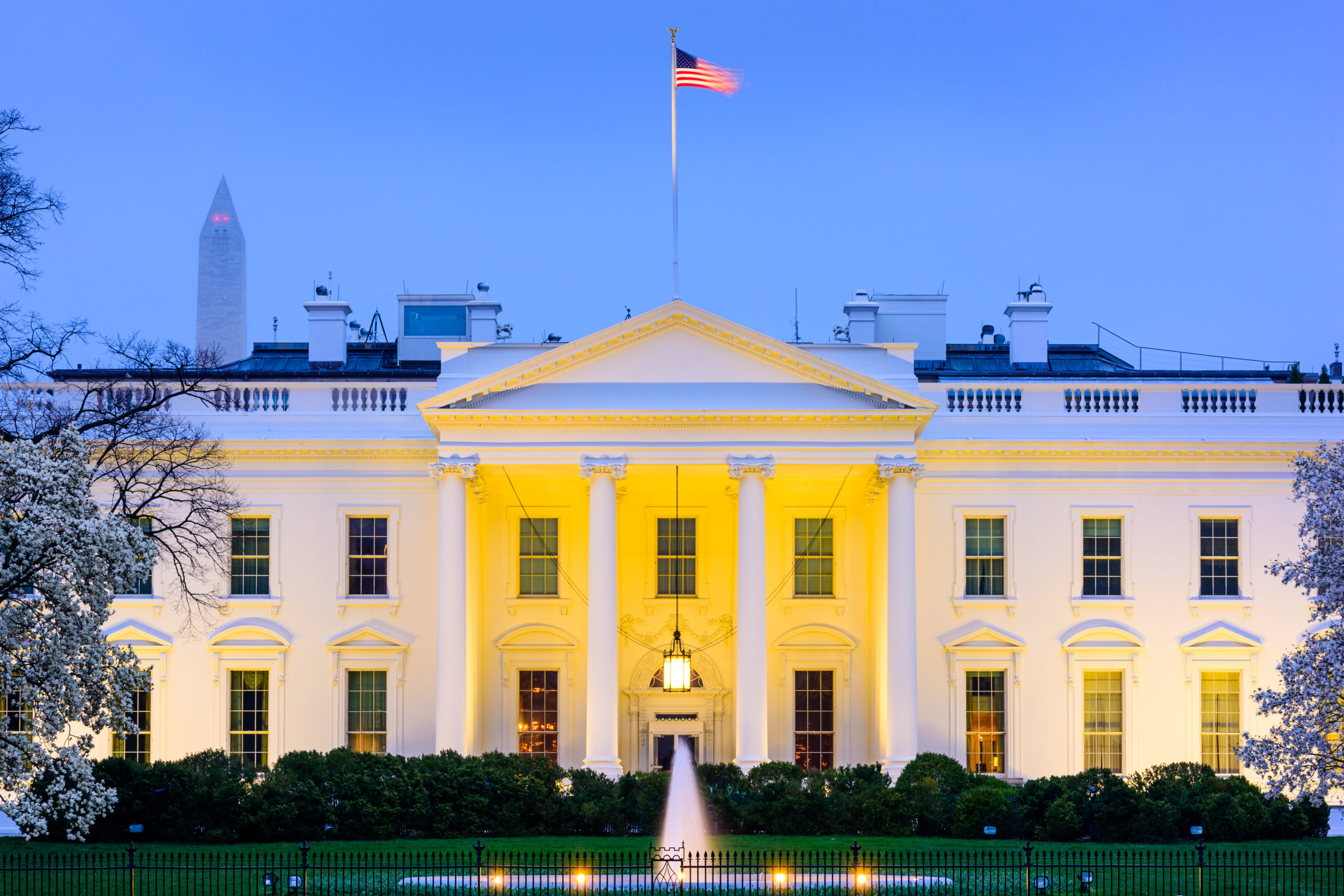Nearly two years into his presidential term, Donald Trump has finally taken concrete steps to combat America’s opioid addiction crisis. This has definitely been a topic he was vocal about, but legitimate action took place this week after he signed legislation that aimed to help people struggling and prevent future prescription painkiller dependencies.
“Together we are going to end the scourge of drug addiction in America,” Trump told the press at the White House. “We are going to end it or we are going to at least make an extremely big dent in this terrible, terrible problem.”
This was a move we had mentioned before on our blogs and one that, in a rare instance, garnered unilateral support from both sides of the aisle. Both Democrats and Republicans agreed that swift action needed to be taken.
The package, as it stands today, aims to improve access to treatment centers by lifting restrictions on Medicaid and Medicare coverage. It also allocates funds to help build new comprehensive opioid recovery centers throughout the United States. In regards to prescriptions, the measure has put dollars into research that will help identify non-addictive drugs for pain management.
Ohio-based Republican Senator Rob Portman spoke with NPR after the signing celebration, praising the political cooperation involved in moving this bill forward.
“Because of the severity of the crisis, and particularly in states like mine, people are willing to work together and join hands and figure out how to solve it and forget the politics,” he explained. “It will help in terms of both reducing some of this poison coming into our communities, but it also helps with regard to getting people into treatment.”
Though all of the costs needed to enact the plan have yet to be fully fleshed out, it is rumored that spending will be set at roughly $3 billion a year. As enormous as that sounds, some critics claim that more money is needed.
Democratic New Hampshire Senator Maggie Hassan also backed the bill, but emphasized that this is only a first step in truly conquering the epidemic.
“Experts in the field tell us that is not nearly enough,” Hassan told NPR. “We have to treat this as a starting point. We have a lot more work to do.”
We, for one, are excited to see the president take a stand against the crisis. No matter what happens next, this is definitely a step in the right direction.







